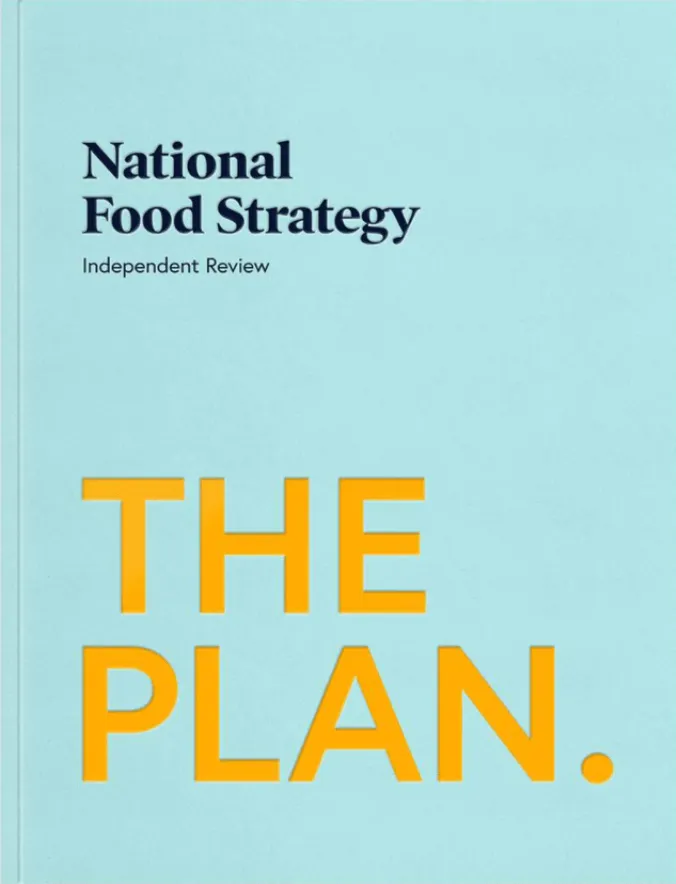
Executive summary
Transforming the food system will require change at all levels: structural, cultural, local and individual. But it is work that must be done. If we seize this opportunity, we can improve our health, protect our environment and build a better future for our children and grandchildren.
Please see Chapter 16 for our recommendations
The National Food Strategy: The Plan – July 2021
Some of our recommendations will be met with protests from those industries whose business models are shaped to fit the current food system. Change is never easy. But we cannot build a sustainable, healthy and fair food system by doing business as usual.
This is an interventionist strategy. Even without the exacerbating effect of COVID-19, the damage being done to our health and our planet by the food system demands urgent action.
However, state intervention is rarely, if ever, sufficient by itself. You can’t send in the army to improve the cooking in schools, or imprison people for serving bad hospital meals. Every delicious and nourishing plate of food that has ever been set before a hungry person tasted good because of the skill, effort and care of the individual who made it. Every school that serves its pupils appetising, nutritious lunches instead of fodder that is bland, boring, beige and bad for you does so because of a head teacher, school cook or business manager who aspired to something better. Change starts at a local level, with talented and dedicated people.
Some of our recommendations are designed to encourage and harness this individual energy, by making connections within neighbourhoods, communities and professions, investing in skills, and challenging unspoken assumptions about how things work and what is possible.